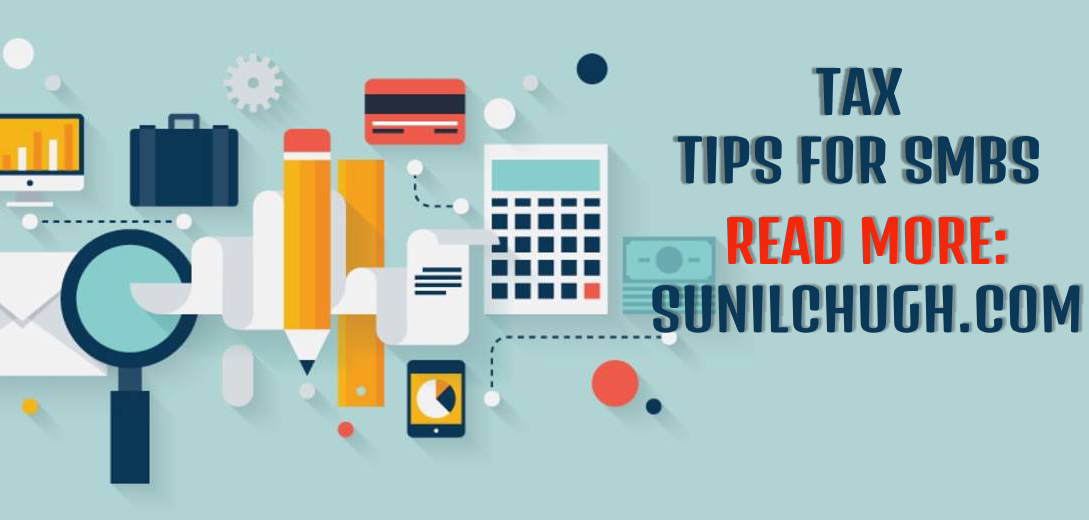Tax Tips For SMBS
Filing taxes is no fun, especially when you are a small business owner with limited time and expertise at your disposal. One wrong move can lead to tax audit and potentially hefty penalties. It is a time-consuming process to properly document and file taxes. Not to mention the additional time that may be required in case of an audit or documentation request. Tax preparation and filing is an inevitable part of running a business and SMBs should consider ways to efficiently manage this business operation. Seeking professional help from a Certified Financial Planner is advisable for most businesses.Here are some tax preparation and filing related tips for SMBs:
1. Keep a record of business expenditure:
Detailed bookkeeping should be your first and foremost consideration to diligently record your business transactions year-round.For instance, if you spend cash on business dues, office supplies, business publications, business entertainment, computers, printing, software, continuing education, etc.it is a business expenditure and it must be recorded with details and receipts where possible.Each deduction saves you a fair amount of cash as a small business has to pay both federal tax and state tax.
2. Ensure your financial advisor is doing an excellent job for you:
For small businesses, taxes are often complex, and usually, a financial advisor is required to ensure you’re filling in the right way and enjoying all the tax deductions that you are lawfully entitled to. Keep in mind that a low-par financial advisor can do more damage than good for your business.
3. Postpone income & prepay deductions:
Are you expecting to be in the higher tax bracket this tax season? If yes, then all you need to do is adjourn your earning by not issuing a statement before year-end.
Similarly, you can pay in advance and purchase office supplies or prepay your rental fee up to eleven months. You can use your business credit card if you don’t have the money. Remember, for tax purposes credit card charges are deductible, even though you have not paid for it.
4. Shift earning among family members:
By recruiting your children to work for your business, you are successfully shifting your business earning to a lower tax bracket.
5. Use tax-deferred retirement plans:
This is perhaps the best proactive tax saving tool available today for business owners. For your knowledge money found in a retirement account is not usually taxed until you withdraw it. So, to save big this tax season, make use of a tax-deferred retirement plan.
These tax saving tips for small business owners are just some of steps to lower your tax bills and maximizing returns. All businesses are different and so are their needs and set-up. Therefore, it is advisable to seek consultation and professional service from a Certified Financial Planner.
About Sunil Chugh
Sunil Chugh is a Mississauga based certified financial planner specializing in estate planning, insurance solutions, education planning, tax planning and preparation. For more information, please visit the website at https://sunilchugh.com/. Sunil Chugh is registered to provide investment advice and securities through Aligned Capital Partners Inc. (ACPI). ACPI is a member of the Investment Industry Regulatory Organization of Canada.
This commentary is for general information only and is not intended to be personalized advice including, without limitation, investment, financial, legal, accounting or tax advice.




Comments
Post a Comment